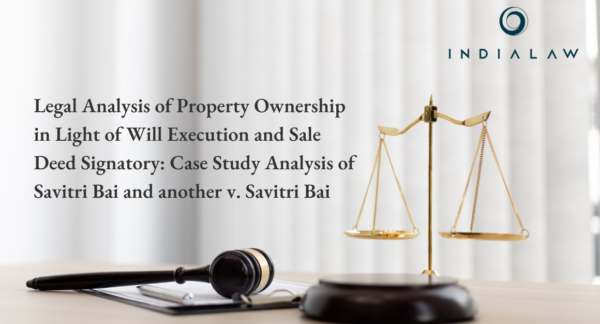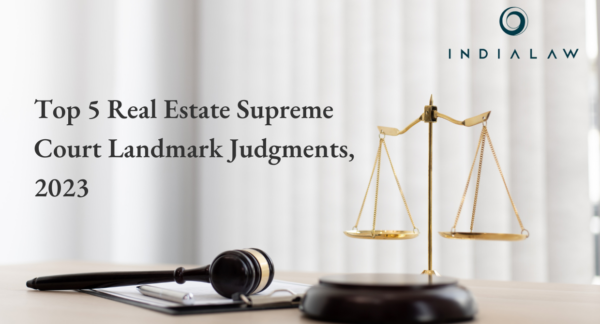Khursida Begum v. Komammad Farooq


Introduction
In the case of Khursida Begum vs. Komammad Farooq[1], the Supreme Court held a Gift Deed which was executed forty years ago to be valid, setting aside findings of the lower courts. It also observed that the requirement of delivering the possession of the gift was met when the right to collect rent was assigned under the Gift Deed.
Facts of the Case
The Plaintiff’s father Hazi Azimuddin executed a Gift Deed dated 24 February 1976 (“Gift Deed”) in favour of the Plaintiff in respect of one-third share of the suit property (“Property”), with the right to collect rent from the tenants to the extent of one-third of the total rent. The tenants of the Property were duly notified. Hazi Azimuddin transferred the other two-third share of the Property in favour of his two other sons (the Defendants herein), and got their names recorded as owners to the extent of two-third share of the Property. After the death of their father, the Defendants received the payment of rent, but did not pay the Plaintiff his one-third share from the rent proceeds. The Plaintiff, on the strength of the Gift Deed, filed a suit for recovery of one-third of the amount received by Defendants by way of rent from the tenants.
Decision of the Trial Court
The Trial Court held that Gift Deed of undivided property was not valid on the grounds that it was hiba-bil-musha and according to Muslim law, gift of any undivided property which is capable of division, is invalid (except under four conditions[2]). Further, the Plaintiff was never given actual or symbolic possession of his one-third share of the Property. Delivery of possession is one of the essential conditions of a hiba under Muslim law.
Decision of the High Court
The High Court upheld the Trial Court order and dismissed the appeal. It observed that though the Gift Deed was genuinely executed, it amounted to a hiba-bil-musha. It was also held that the Gift Deed was of no effect, as possession had not been delivered to the Plaintiff.
Issue
The question before the Apex Court was whether late Hazi Azimuddin had executed a valid Gift Deed of one-third undivided share in the Property in favour of the Plaintiff.
Decision of the Supreme Court
The Supreme Court observed that the Property is a freehold property in the city of Jaipur, which is a large commercial town (fourth exception to invalidity of hiba-bil-musha). This fact had been wrongly ignored by the lower courts on the ground that there was no pleading to that effect. The Apex Court opined that description of the Property in the Plaint and in the Gift Deed was sufficient to establish that it is a commercial property in the city of Jaipur, and thus, a large commercial town. Thus, gift of such a property would be valid.
It further held that the requirement of delivery of possession of the gift under the Gift Deed is satisfied when the right to collect rent had been gifted to the Plaintiff under the Gift Deed itself. Accordingly, the Supreme Court upheld the validity of the Gift Deed dated 24 February 1976.
[1] Civil appeal No. 2845 of 2006
[2] (i) Where gift is made between co-sharers
(ii) Where shares of the property may be separately enjoyed without actual division
(iii) Where gift is made to a minor under custody of the donor
(iv) Where the property is a freehold property in a large commercial town




